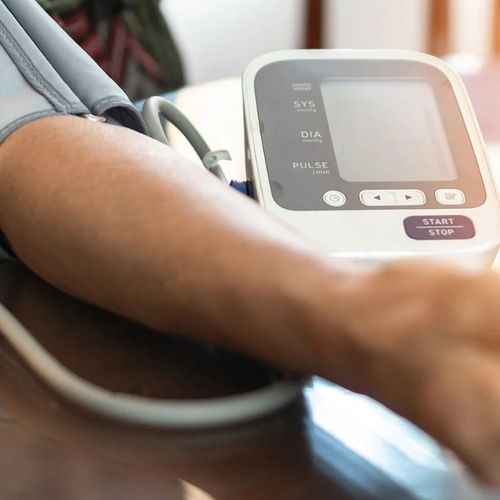Type 2 diabetes is now considered a global pandemic, which is alarming since many people who have this disease will eventually be disabled by or even die from complications of it. That's the bad news. The good news is that you can reduce your risk of heart attack, stroke and kidney disease-three common complications, often fatal-by bringing your blood pressure (BP) down, even by just a little. About 73% of adults with diabetes have high blood pressure (defined in this case as greater than or equal to 130/80 mm Hg) or use prescription medications for hypertension. Research demonstrates that treatment with blood pressure drugs can reduce the risk of dying by one-fifth, generally with few side effects.
Lower blood pressure = better outcomes
People with diabetes are extra-sensitive to changes in blood pressure, explains Anne Peters, MD, director of the University of Southern California (USC) Westside Center for Diabetes in Beverly Hills. The ADVANCE (Action in Diabetes and Vascular Disease) trial, involving more than 11,000 people with type 2 diabetes from 20 countries, clearly demonstrated that lowering blood pressure significantly improved certain outcomes. It should be noted that the trial was funded by Servier, the manufacturer of Preterax, and the National Health and Medical Research Council of Australia.
Participants were randomly given the blood pressure drug Preterax-a combination of the ACE inhibitor perindopril and the diuretic indapamide-or a placebo, and were followed for more than four years. Researchers found that treatment with Preterax significantly reduced the risk of serious complications of diabetes. Specifically, those who took Preterax...
• Reduced their risk of death from cardiovascular disease by 18%.
• Cut their risk of kidney-related events by 21%.
• Lowered their risk of death from any cause by 14%.
The findings were published online in the September 2, 2007, issue of The lancet.
More aggressive treatment required in people with diabetes
Commenting on the study, Dr. Peters said that in her view, the improvements were small and actually less than she would have expected. She said that physicians treat blood pressure more aggressively in people with diabetes, typically prescribing medications for those whose pressure is above 130/80. Participants in the ADVANCE trial had a far higher mean starting BP of 145/81, and were only treated to an average of 135/75-an improvement, to be sure, but one that doesn't go far enough to reach target levels for people with diabetes.
That said, Dr. Peters notes that the study does add to the literature that even small reductions in blood pressure are beneficial. Also, she said, ace inhibitors and diuretics have long track records for safety and effectiveness in people with diabetes, as well as those who don't have the disease. Generic versions of these blood pressure-lowering drugs are also available.
We asked naturopathic doctor Andrew Rubman, ND, whether these results could be achieved without pharmaceutical drugs. He believes they could and suggests beginning with dietary and lifestyle modifications. "Specifically, calcium and magnesium are important for both hypertension and adult-onset diabetes,'' he says, but notes that managing blood pressure to target levels for a person with diabetes is complicated and requires specialized care. "Just as you'd not take heart medications without oversight from a cardiologist, you can't treat a medical condition with supplements without specialist oversight."
